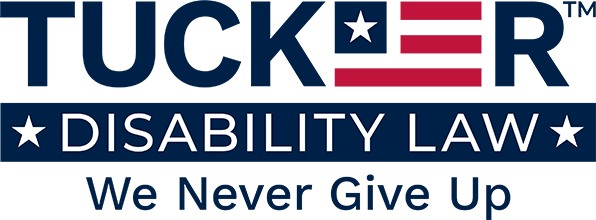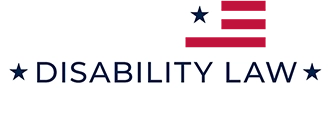Yesterday’s article, What Types of Employer Benefit Plans Are Covered by ERISA, explained how most employer benefit plans are subject to the federal benefit law called ERISA, the Employee Retirement Income Security Act. Today, we are going to talk about the types of employer benefit plans that are not covered by ERISA, along with ERISA’s exceptions. It is important to understand that fringe benefits that are not covered by ERISA and its regulations are often governed by state (or sometimes other federal) laws that may afford better protection and provide for different claim application and appeal processes than ERISA.
Governments & churches are excluded from ERISA
If you work for a government entity or a religious organization, ERISA does not apply to your fringe benefit plans. It is that simple. What is not simple is determining what employer’s are governments and churches. For example, people that work for a private corporation that has a government contract to run a prison do not work for a government entity. As for as church plans go, the further away from clergy and direct staff in worship-related jobs, the more likely it is that ERISA will apply to a plan. An example might be a nurse that works for a hospital run by a religious group.
Specific plans which are excluded from ERISA
By statute or regulation, some types of employee fringe benefits are excluded from ERISA, including:
- Adoption Assistance plans;
- Cafeteria plans;
- Medical clinics that do not provide treatment beyond first aid;
- State mandated disability plans (as long as an additional benefit is not added);
- Tuition Reimbursement plans; and
- Worker’s compensation.
There are other laws that apply to these benefits and the claims made under these types of plans.
Payroll practice plans are excluded from ERISA
Some plans offered by private employers may seem like benefit plans, but are actually excluded as “Payroll Practice Plans.” These are benefit plans which are designed to be paid from an employer’s assets to compensate employees for certain time off in certain situations. Payroll practice plans are specifically excluded from ERISA. Some examples of plans that fall within ERISA’s payroll practice exception include:
- some self-funded Short Term Disability plans;
- Sick Pay plans;
- Paid Time Off (PTO);
- Overtime;
- Jury Duty compensation; and
- Vacation Pay
For benefits to be classified as payroll practice plan benefits, they must be paid under all of the following conditions:
- the benefit is paid as a “normal payroll practice,”
- to currently employed individuals (i.e., not retirees, former employees, or dependents),
- without pre-funding or
- without the purchase of an insurance policy,
- and the payments are paid entirely from the employer’s general assets, AND
- without employee contributions.
If an employee receives these payroll practice benefits, they are not treated like other fringe benefits. This is important if a person has been denied payroll practice benefits, because state law applies, and the appeals process found in ERISA regulations does not cover these types of benefits.
Some voluntary benefit plans – called “Safe Harbor Plans” – are excluded from ERISA
Another one of the federal regulations which governs ERISA excludes voluntary insurance plans which an employer makes available to employees, but does not endorse. A common example of one of these plans is the insurer AFLAC, which has agents come into employers and sell individual policies that are paid for by payroll deduction.
These types of plans – called ERISA Safe Harbor Plans – fall outside of ERISA’s scheme if the employee pays all of the premium, and the employer’s role is limited to withholding premiums through payroll deduction and remitting them to an insurer. The employer cannot be not compensated for providing this service. The key to ERISA’s safe harbor is whether the employer takes any role in sponsoring the plan beyond payroll deduction. Simple endorsement by an employer may cause the safe harbor to be lost. An employer is allowed to let an insurer publicize the plan to employees and it may collect premiums and send them to an employer, but it cannot do more than that.
Some examples of employer actions that may cause the plan to lose safe harbor status include:
- Negotiating plan terms;
- Picking the insurer (rather than just allowing an insurer access to employees);
- Putting the plan information on a company website or in a handbook;
- Putting the employer’s name on marketing documents or summaries;
- Using a group insurance policies;
- Recommending the insurance to employees; and
- Assisting employees with claims or appeals of denied claims.
Life other fringe benefits that are excluded from ERISA, other laws apply to safe harbor plan benefits. Typically, state insurance law applies as if the insurance policy was purchased outside of the employment relationship.







